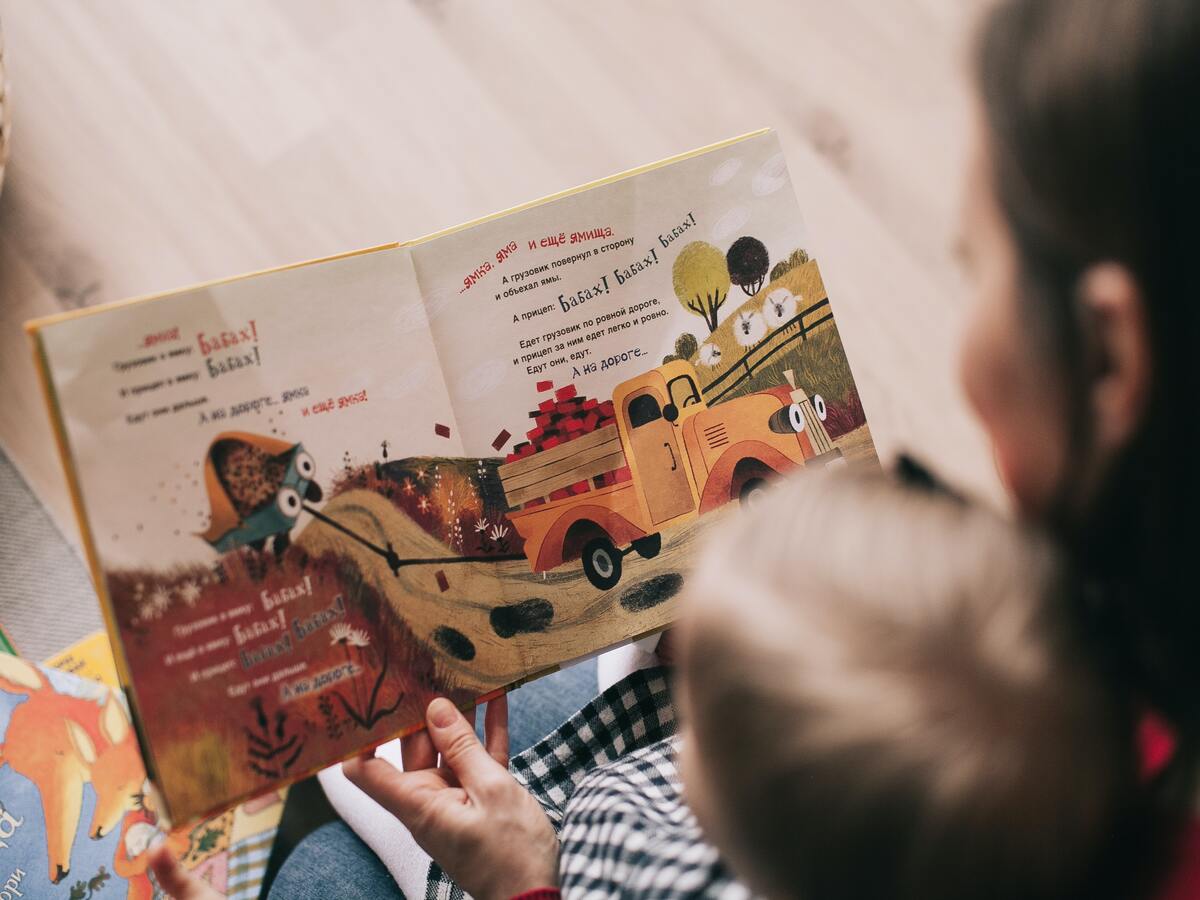There is no question that storytelling is an essential part of childhood. Stories help children learn about the world around them, and they can also help children learn the difference between right and wrong. They can teach empathy, compassion, and other important social skills. In this article, I will explore how do moral stories help children and provide some tips for teachers and parents on using them in the classroom or at home.
What Are The Benefits Of Storytelling For Children
We can gain many benefits from storytelling, and the moral development of a child is just one of them. In addition to teaching values, stories also help to promote creativity, language development, problem-solving skills, and empathy.
When children are exposed to stories that contain positive moral messages, they are more likely to adopt these values themselves.
So why is it so important to tell moral stories to children? Following are just a few of the reasons:
Stories can:
- help children to understand complex ethical concepts.
- teach children the importance of making good choices.
- help to foster a sense of empathy in children.
- promote creativity and imagination in children.
- improve language development in children.
Helps In Improving Their Language Skills
Clearly, there is a strong correlation between the amount of time your child spends reading and their vocabulary size. The more books they get read, especially at an early age when children’s brains are still developing language skills, it will lead to not only increased vocabulary but also better reading comprehension!
Additionally, research has shown that storytelling can also aid in language acquisition and communication skills. In fact, in some cultures, storytelling is a vital aspect of passing down cultural values and traditions. Overall, incorporating storytelling into a child’s upbringing can greatly contribute to their overall moral and social development.
Helps In Knowing the World Around Them
One of the essential things that stories can do is help children to make sense of the world around them. By teaching them about right and wrong, good and evil, and other complex moral concepts, stories provide children with a framework for understanding the world. This is especially important during the early years of development when the child’s brain is still forming its fundamental beliefs and values.
Helps In Character Building
One of the many benefits of storytelling for children is the promotion of moral development. Through hearing and sharing stories, children are able to explore various situations, characters, and moral dilemmas that may not necessarily be present in their own lives. This allows them to develop empathy and critical thinking skills as they learn to see things from multiple perspectives.
Research has shown that when children are exposed to stories, they are able to better understand and internalize important values such as empathy, compassion, and integrity.
So the next time you tuck your child into bed, read them a story – it will do them a world of good!
Share A Few Examples Of Moral Stories That Can Be Used To Teach Values To Children.
One of the essential things where we can do for our children is to tell them moral stories. These stories help teach kids the values that we want them to learn. There are many honest stories, but all share the same purpose – to help children understand right from wrong.
Some of the most common moral stories are fairy tales. Classic fairy tales like “Snow White” and “Cinderella” teach children the importance of being kind and considerate while also teaching them about the dangers of greed and envy. Other popular moral stories include fables like “The Tortoise and the Hare” and parables like “The Good Samaritan.” These stories teach important life lessons children can use as they grow up.
Another great way to teach moral values to children is through bedtime stories. Bedtime stories are a great way to help kids wind down and relax before bed. They also allow parents to share moral messages with their children. Some of the best bedtime stories for teaching moral values include “The Velveteen Rabbit”, “The Little Engine That Could”, and “Make Way for Ducklings”. These stories teach children the importance of being kind, working hard, and being responsible citizens.
What Are The Ways To Tell Stories To Children
When parents tell moral stories to their children, they are helping to teach them values and essential life lessons. By sharing stories with a moral message, parents can help their children learn the importance of honesty, kindness, generosity, and other virtues. In addition, telling moral stories can help children develop empathy and understanding for others.
Following are some tips for parents on how to tell moral stories to their children:
- Choose stories that have a positive message or lesson.
- Make sure the story has a clear beginning, middle, and end.
- Make sure that the characters in your story are relatable to your child.
- Be sure the level is age-appropriate for your child.
- Make the story exciting and engaging.
Parents need to tell moral stories to their children, as these stories can help teach valuable life lessons. By sharing positive stories with a moral message, parents can help their children grow up to be kind, honest, and compassionate.
The Bottom Line
So the next time you tuck your child into bed, read them a story – it will do them a world of good! Moral stories can help children learn the importance of being kind and considerate while teaching them about the dangers of greed and envy. Bedtime stories are an excellent way for parents to share moral messages with their children and can help teach children the importance of being responsible citizens. Parents who tell moral stories to their children are helping to prepare them for the challenges of life.
Thank you for reading!
Also Read: How to Teach a Child to Read for Free








